Can you fit Shostakovich 5th in a Covid hall?
mainOur latest City of Birmingham Symphony Orchestra review from Chris Morley:
CBSO Symphony Hall ****
Anyone who proudly declares “I don’t listen to twentieth-century music” is a fool to himself, missing out on all but one of Elgar’s greatest works, most of Puccini, a good deal of Richard Strauss, Debussy and Ravel.
My list could go on into the far-off distance, but it would certainly include the three works the CBSO imaginatively bundled together in its latest pair of Wednesday concerts. Not only did they all originate in the first half of that apparently problematic century, their inclusion also built up the personnel of the orchestra in steps towards its massive conclusion in the Fifth Symphony of Shostakovich.
Conductor Nicholas Collon spoke of this remarkable achievement, putting “this huge piece” onto this Covid-restricted stage, before launching into an account of Stravinsky’s Symphonies of Wind Instruments.
Balance, detail and ensemble from these woodwind (wonderful tendril-like interleaving) and brass were impeccably judged, but Collon cultivated a lyrical flow at the expense of the austere, hieratic grandeur which should be the work’s abiding impression.
Then the strings took over, bringing Britten’s (a name which for some reason makes some alleged music-lovers reach for the garlic and silver crucifix) emotionally absorbing Reflections on a Song of John Dowland for Viola and Strings. Britten was himself a violist, well understanding the soulful singing capabilities of the instrument, but also its resourceful technical possibilities.
Lawrence Power was the soloist, beginning with a solo account (and singing the opening lines) of Dowland’s “If my complaints could passions move”, then moving on, joined by a dark-hued string orchestra (no top-range first violins), through a succession of variations which evoked a more sombre response to Britten’s earlier Frank Bridge Variations.
Power’s surprisingly delicate instrument produced a beautiful, elegant tone, as well as permitting a pizzicato of surprising eloquence.
As this wonderful quarter of an hour drew towards its close and revelation of its source-material, I felt the presence of Tippett’s yet-to-come Fantasia Concertante on a Theme of Corelli, both works operating in a similar way.
At last we had the full complement for the Shostakovich, with socially-distanced string sound richly diffused (not least at the rhetorical opening), and at other times creepingly glacial.
Collon had a clear grasp of the music’s shape and direction (though his second movement scherzo was somewhat leaden and heavy-footed, a less-than-successful imitation of Mahler).
But he created an appropriately hollow reading of the finale’s bombastic wake-up call after the introspection of the largo. Here Shostakovich was writing for his threatened life after Stalin’s denunciations, and he produced proletariat-rousing triumphant music, concealing beneath its glitter a fatiguing meretriciousness which Collon and his players certainly found.
Christopher Morley
Slippedisc has reviewed every concert in the CBSO’s centenary season, many of them unnoticed by general media. We are expanding our review capacity and can do the same for you when concerts reopen. Contact us to discuss.

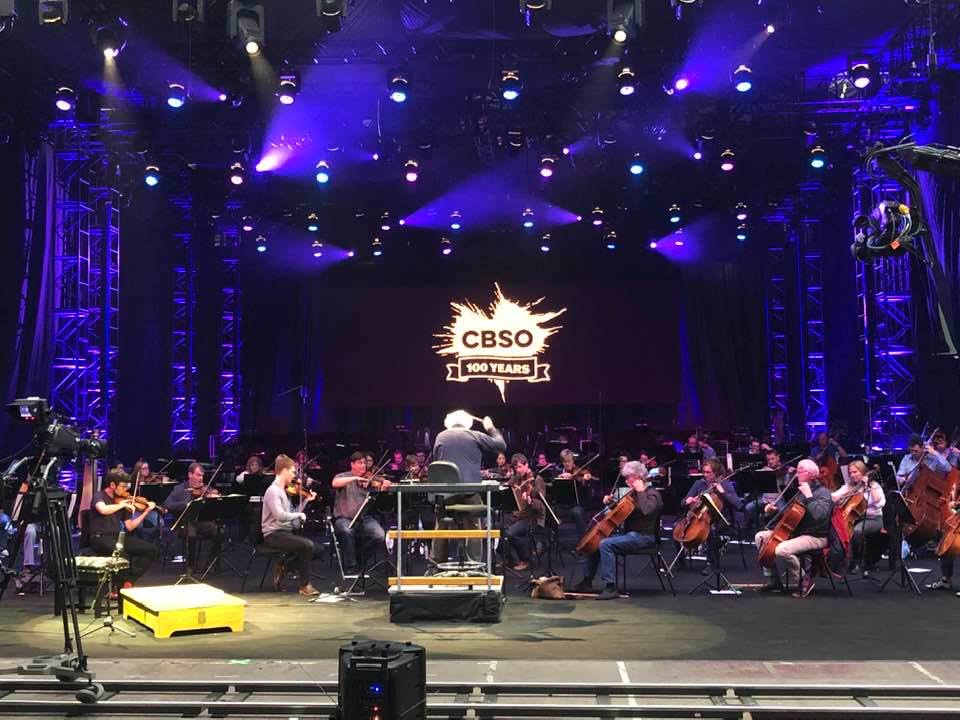
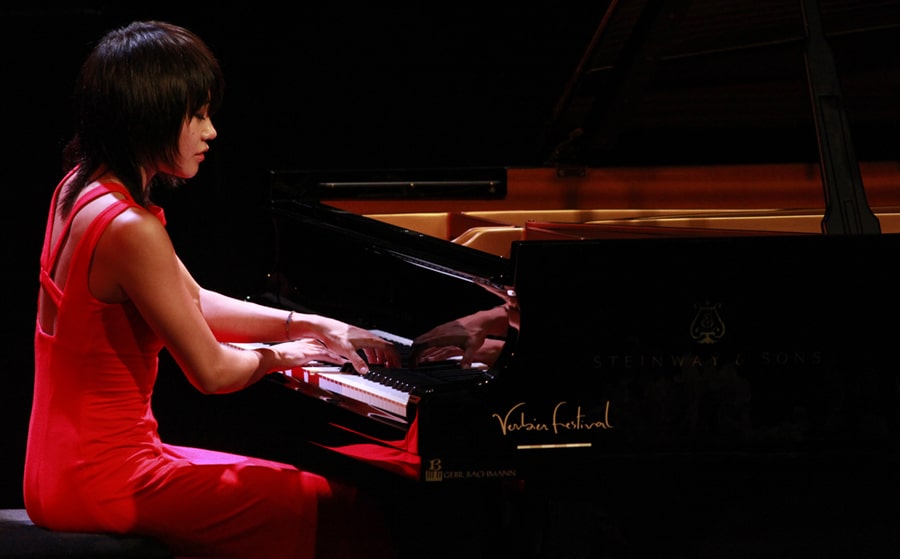
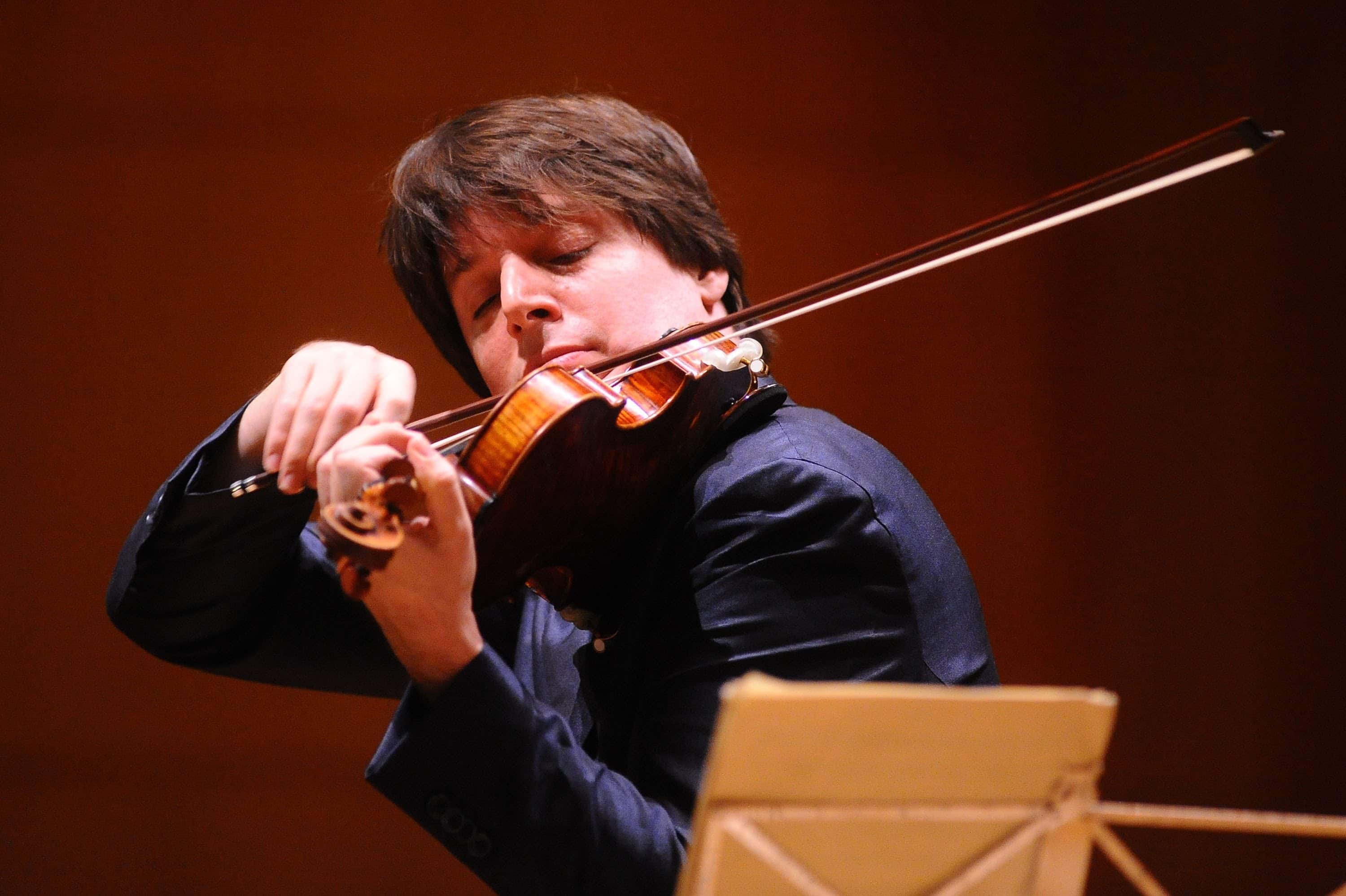
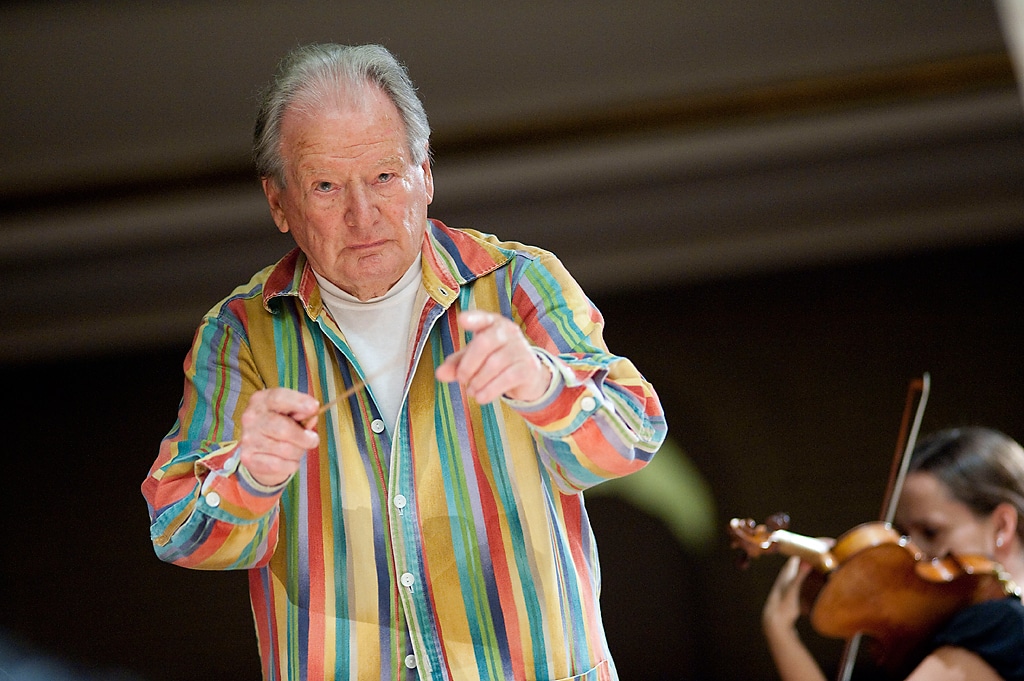
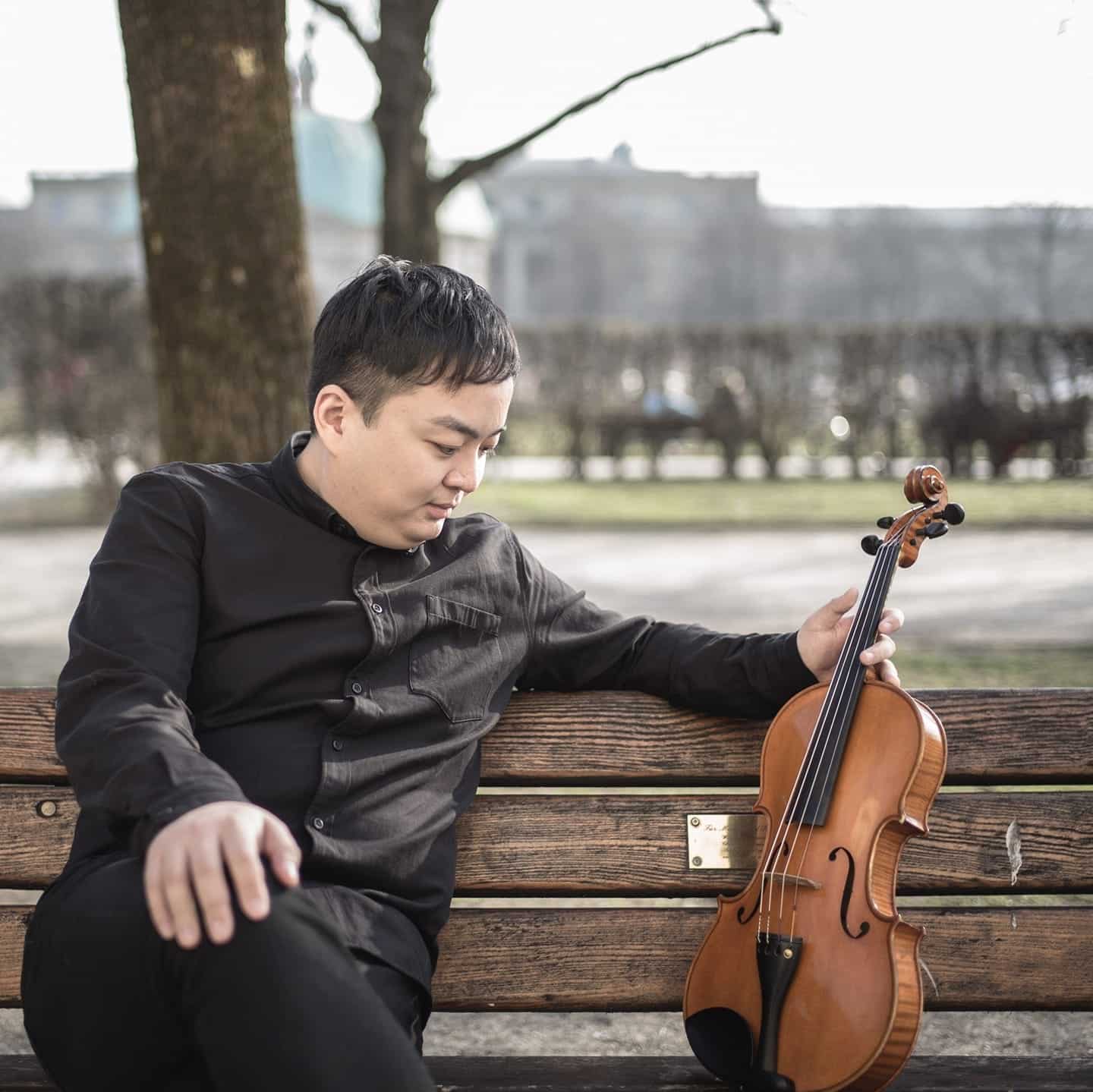
“Anyone who proudly declares ‘I don’t listen to twentieth-century music'” almost certainly doesn’t mean Elgar, Strauss, Puccini, Debussy or Ravel. And in most cases not the Russian modern classics either. They mean Schönberg and his followers, atonality, minimal music and so on.
I have well over 10.000 CDs, plenty of them by Pärt and Gubaidulina, Schnittke and Vasks, and so on. Also Schönberg and Berg. But I draw a personal line at Stockhausen, Glass, and Reich. My loss, perhaps, but a loss I am willing to bear like a stoic.
The Merry Widow is twentieth-century music. Just saying…
All due respect and as much as I loved Reich in my past “minimalism phase”, I think it’s ridiculous to lump him and Glass with Stockhausen, a true genius. Whether or not you like his music I think there’s no remote comparison between Stockhausen and American minimalists! Take a relatively “approachable” Stockhausen piece like Mantra.. the richness, complexity and almost maniacal attention to expression and structure make the entire works of Glass and Reich seem like pre-school nursery rhyme songs, but that’s just me. I encourage you to grab a CD of the Singcircle performance of Stimmung!
I will. Always willing to listen to suggestions! And I did not mean to say that their music is the same. Obviously it is not. I just don’t like the Stockhausen I have heard. Besides, he was just meant as a stand in for the entire Darmstadt school. Sorry if I offended you.
Anyone allergic to “challenging” music (20th/21st century or not) is going to love this year’s Proms season – just take a glance…
I would proffer Shostakovich’s 5th as having a claim to be one of the greatest pieces of music ever written. Not just cos I like it, but given the 40 minute ovation it received at its premiere, showing that his music gave the people some kind of hope amidst the terrifyingly awful life experience they were subjected to. Such can be the power of music
The applause was to keep him alive, rather than a statement about the quality of the music.
“Collon had a clear grasp of the music’s shape and direction”….. “But he created an appropriately hollow reading”. What do you mean by these comments? You are writing for the masses to understand. I am a professional musician and I still am not sure of your vague comments. Does “clear grasp” mean you believe he knew what he was doing? Does “music’s shape and direction” mean shape as in dynamic shape, the structure in terms of form? Does that therefore mean he clearly knew the piece was in sonata-allegro from or he clearly knew it gets loud here and soft there?
And what’s the significance if he knew any of this to a listener? Maybe you mean he knew it was a sonata-allegro form and he then added or amplified dynamics at key points in the music to emphasize that we reached important formal points such as the second theme, the recapitulation, etc??? What’s a “hollow reading”? Does that mean it just played the printed page and nothing more? Does it mean he allowed the orchestra to ignore dynamics and he himself made no changes in tempo so it was therefore played like a robot might?? I think “shape” and “hollow” can be good words to describe something as long as you provide an understanding of what these words are supposed to mean in this context which I believe is missing here.
The doctor, housewife, teacher, plumber will read this. They want to understand what they are not trained to understand. Make it easier for them, not vague for flowery language’s sake.
Hear, hear. My favourite specimen of meaningless preening: “Richly grained and finally textured with persuasive handling of the piece’s tonal structure.”